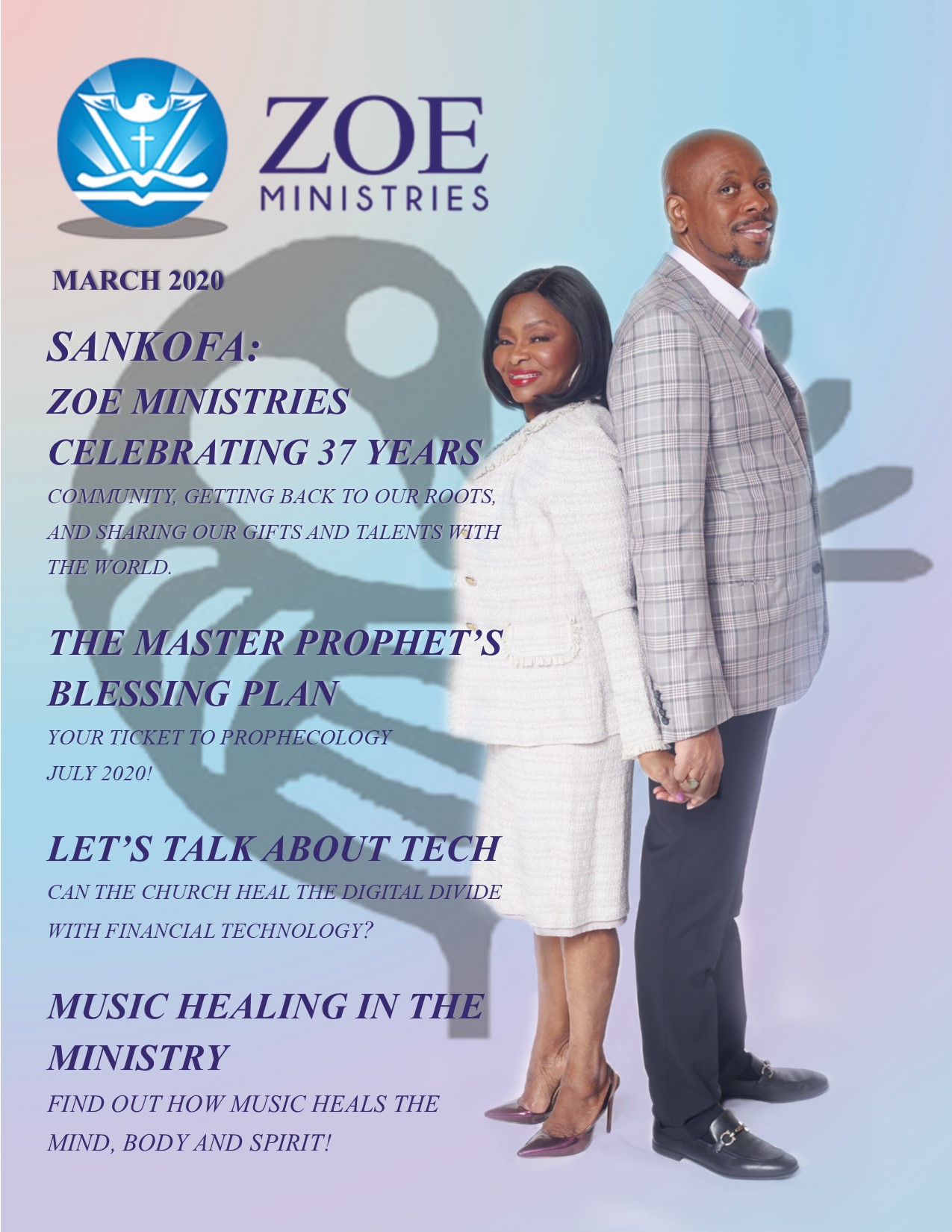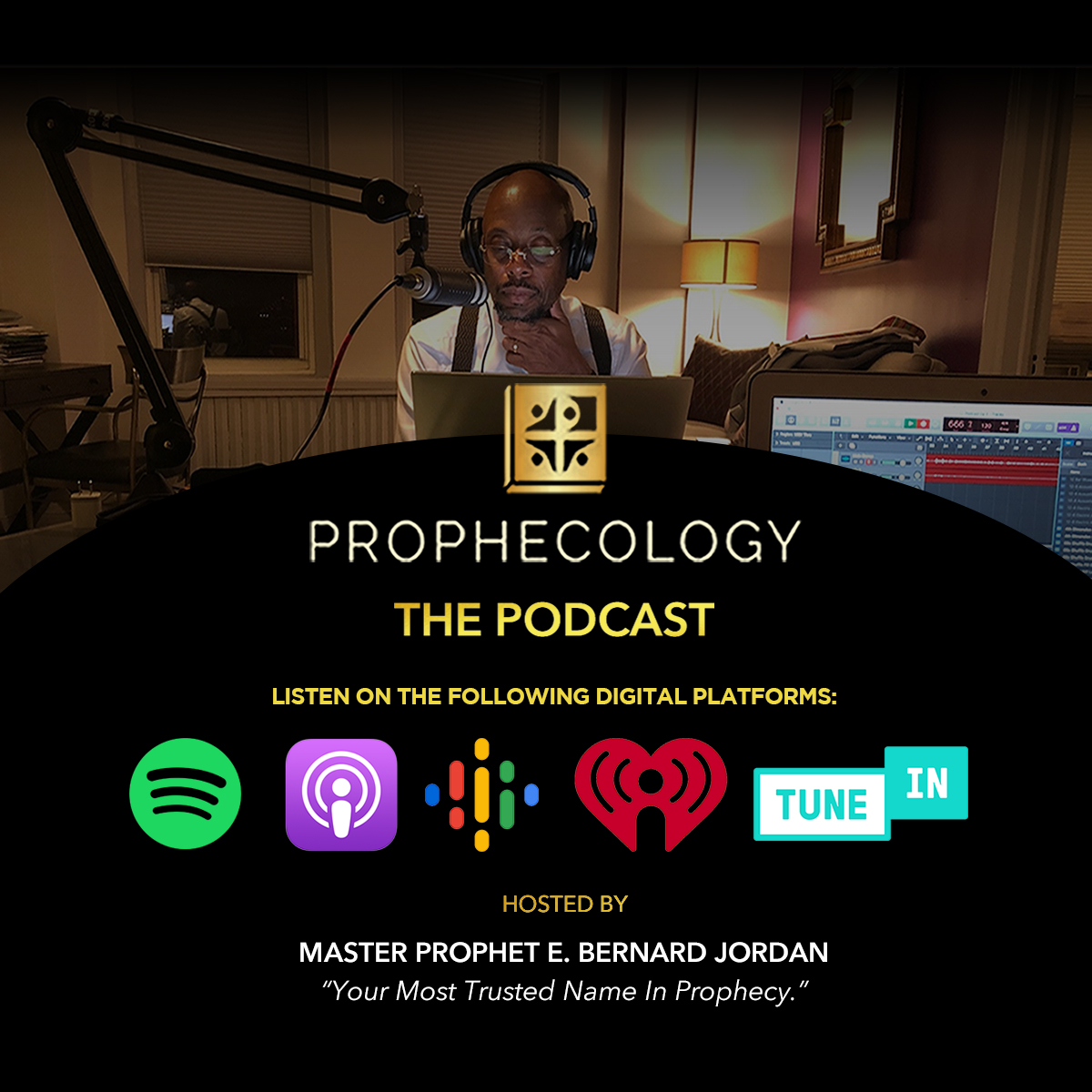KEEP THE BORDERS OPEN
October 11, 2017 2023-04-05 19:11KEEP THE BORDERS OPEN
KEEP THE BORDERS OPEN
What we see in Jesus is not an abolition of the border between sin and truth. It is actually an opening in which God’s gift crosses over to us in a tangible form; through this gift, we can readily identify with the good news from Jesus. The prophet is in the marketplace because the prophet is the ambassador of Christ in the world.
When you accept Jesus as your Lord and Savior, God also offers you a gift and takes your hand throughout your life, not to draw you away from the marketplace, into the wholly hidden. God provides for you, strengthens you, and steadies you so you may live an authentic human life where you were before you encountered Jesus.
The ministry of God, therefore, is not primarily about a sacramental priesthood serving a tangible sanctuary with religious rites. Neither is about religion or tradition, because we cannot bless the lives of other people by making ourselves pure, sacred, and remote inhabitants of some sanctuary. Moreover, church is not about creating programs and activities within the congregation for the sake of being busy among ourselves. If we cultivate remoteness from daily existence to create the impression that we are already holy, then we are getting it all wrong. We are missing the mark that Jesus has set for us.
The ministry of believers will be most authentic when it ministers where Jesus ministered—in the marketplace—in the midst of irreverent existence and in the company of the “unclean”. The essence of Christianity arises from the existence of a body of believers, who are being transformed by the good news, not the other way around. The primary ministry of believers belongs to the sphere of everyday human activity. It is not separated from the marketplace; instead, it must stand at its center.
The primary question regarding the ministry is not about the traditional split between active and contemplative ways of being a minister. Instead, the question is one of engagement—being genuinely present in one’s life and world. The great danger of modern church is the way the rushing stream of events and persons, roles, tasks, distractions, luxuries, and unmet needs overshadow our sense of humanity—individual or shared with others. The worst thing we can do is miss the point of the ministry and become too preoccupied with “church activities,” without really winning people to the Lord Jesus Christ.
The irony is that the most active person in church may turn out to be the most remote and isolated person in his community, in the marketplace. In fact, many believers are in danger of never being truly present in anything, even in their personal lives. When believers achieve some form of engagement, the engagement itself is often defensive in nature, an effort to stake out some sphere that is ours alone, from which they exclude anyone or anything displeasing or unfamiliar to them. A lot of people accuse Christians of being hypocrites and judgmental exactly because of this way of being.
To what degree are we willing to understand ourselves in terms of our lives in the marketplace, which means to understand our lives both in terms of our connection with God and in terms of our connection with other people? If we see others the way Jesus sees them, then we must not authorize individualism, in which we only see other people as tools, or if uncooperative, as obstacles. If we see others the way Jesus sees them, then we will not allow ourselves to seek the good of a particular community or tribe or nation or religious group at the expense of other people. If we see the world the way Jesus sees it, we will not allow ourselves to sacrifice the larger ecology to which we belong, in favor of our immediate good, and at the expense of the future generations.
Without a strong sense of ministry connection that is life in the marketplace, we may lose the sense of our humanness. We may become complacent in our comfort zones, content to luxuriate in a sense of special privilege, thinking we are “holier” or “purer” or “more pleasing” to God than others. However, these very people whom we compare ourselves with are the ones Jesus described as the “the least of these who are members of my family” (Matthew 25:40 NRSV). As you compare yourself, and view yourself better than these other people, you are, in essence, viewing yourself better than Jesus.
Jesus is not being romantic in his declaration that whatever you do to the least of his brothers and sisters, you also do to him. He is actually being practical. He is giving you the standard for how you must treat other people. Jesus is realistically giving you a clue for who should be the target of your ministry efforts.
Be powerfully used for God´s Kingdom. Be equipped and sign up for this FREE Course and experience the Power of Prophecy to open up your mind to what God is doing in your life right now!
Are you already being in your ministry comfort zones?







